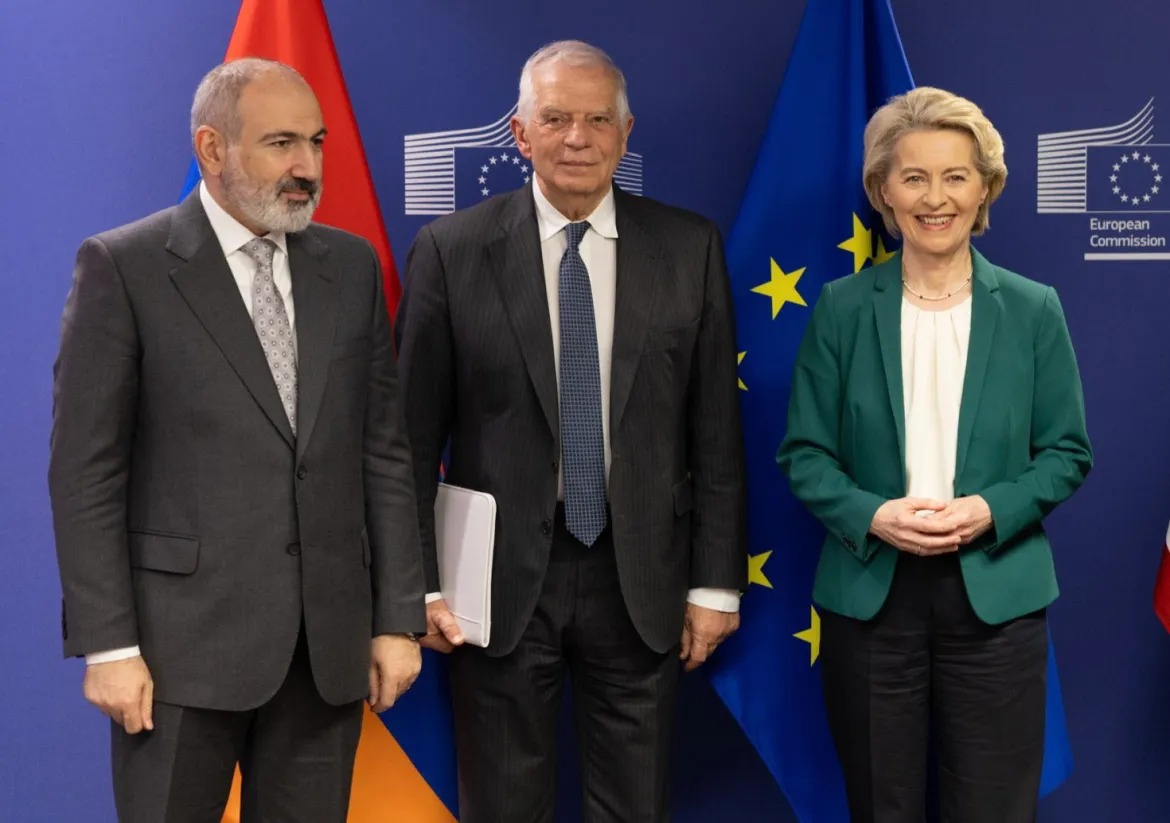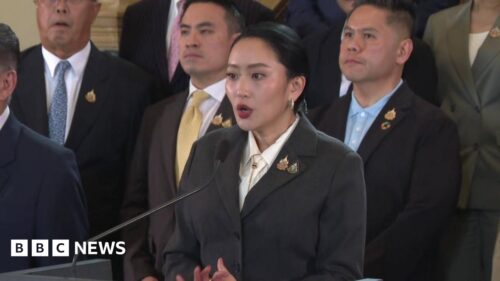
Experts: Armenia must tread carefully to avoid destabilizing the delicate balance in the South Caucasus
On Jan. 8, 2025, Armenia’s government approved a draft law initiating the process for EU membership. While Prime Minister Nikol Pashinyan clarified that the move is merely the beginning of a long diplomatic negotiation process, the step has nonetheless garnered international attention.
In this regard, Gary Cartwright, publisher of EU Today, noted, “It creates the impression that he’s [Pashinyan] driving Armenia towards the EU, even though actual accession is likely decades away.”
Cartwright argued that unresolved tensions between Armenia and Azerbaijan could undermine Armenia’s EU aspirations. “Post-conflict situations are always difficult to manage,” he said. “A change of leadership in Armenia might actually facilitate better regional relations.”
Dmitri Babich, a Russian political analyst, however, criticized the EU’s role in the region. “Western missions have historically been ineffective in resolving long-standing conflicts,” he said. “The Minsk Group is a case in point—it achieved virtually nothing over decades.”
Armenia’s bid to align more closely with the EU is seen as part of a broader attempt to reduce its dependence on Russia. But as Babich noted, this is not without risks. “Armenia must recognize that closer ties with the EU could mean losing the economic benefits it derives from the Eurasian Economic Union,” he warned. Babich issued a cautionary note: “This is not just about geopolitics; it’s also about ideology. Armenia must tread carefully to avoid destabilizing the delicate balance in the South Caucasus.”


